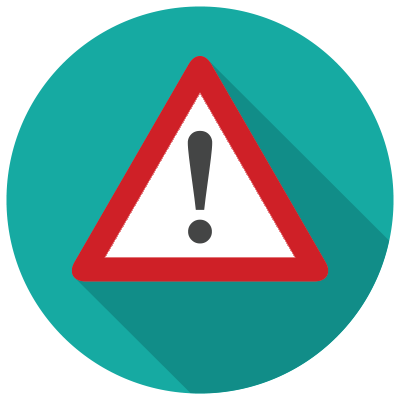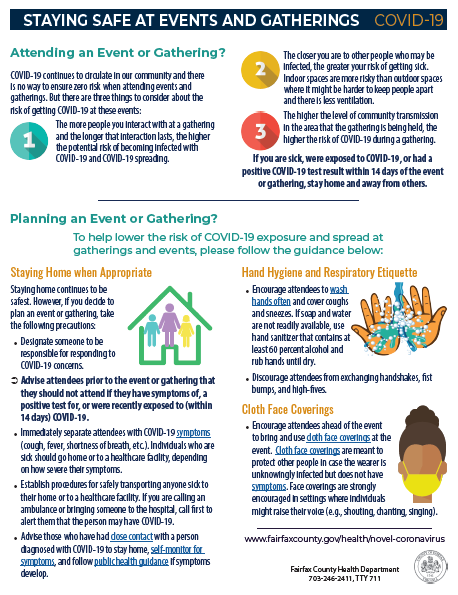Archived page: This page is no longer being updated and is available as a reference only.
For more information about how to stay healthy visit: Protect Yourself & Slow the Spread of COVID-19. Information about Daily Activities and Going Out is also available from the CDC.
If you need a vaccine, find out how to make an appointment.
 Assessing Risk
Assessing Risk
You are safer at home. There is no way to ensure zero risk from COVID-19 when leaving home. In general, the more closely you interact with others and the longer that interaction, the higher the risk of COVID-19 spread.
We cannot say how risky all the activities you may wish to participate in are, but we can share 4 important things to consider:
- The more people you interact with the more your risk of getting COVID-19 increases. Even if someone does not appear sick, they may have COVID-19.
- The closer you are to other people who may be infected, the greater your risk of getting sick. Indoor spaces are more risky than outdoor spaces where it might be harder to keep people apart and there is less ventilation.
- Spending longer time with people who may be infected increases your risk of becoming infected.
- Spending time with people who don’t wear a cloth face mask increases the risk that they could spread infection to you.


 If you are thinking about attending or planning an event:
If you are thinking about attending or planning an event: